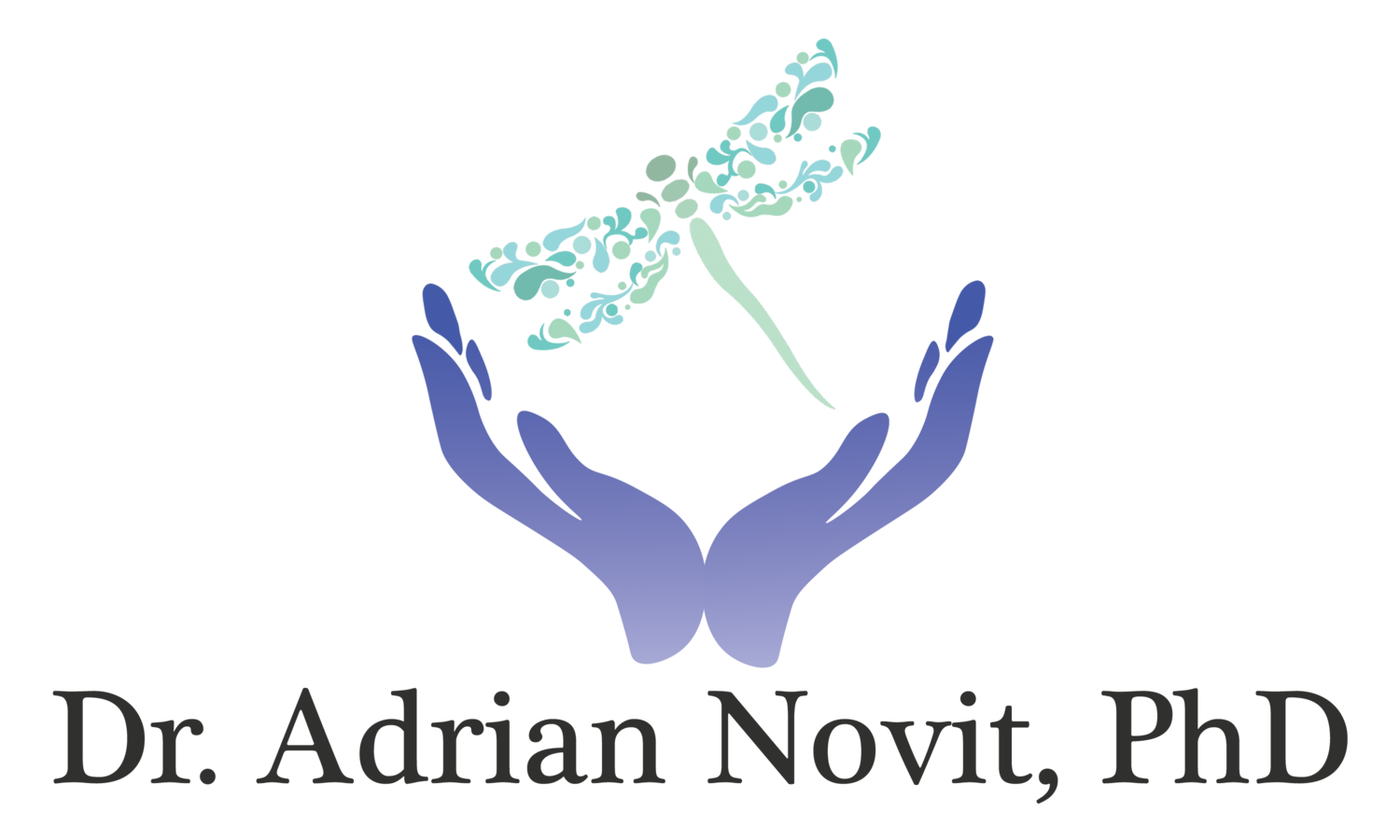The teen/young adult years are a time of high emotions, boundary testing and drastic changes: school demands intensify and change, societal and parental expectations increase, peer groups change or cause conflict, and hormones run rampant.
Parenting teens is universally challenging. As a parent, you want your teen to become independent and happy, learn who they are and who they want to become, make good choices, and lead healthy and fulfilling lives.
Ask yourself these questions
Are you worried about changes in your teen’s behavior or mood such as sadder than usual, more isolating, or more moody/ irritable?
Does your teen complain that no one understands him/her?
Does your teen get overwhelmed with tasks (s)he used to be able to easily manage?
Has your teen changed their group of friends? Are they hanging out with new people and ignoring old friends?
Has your teen had a significant increase in anger outbursts, defiance, or arguing?
Have there been recent changes in your teen’s academic (grades slipping) or athletic performance?
Have there been recent changes in your teen’s family life? For example, a move, divorce, death of friend/family member/pet, re-marriage, new sibling/step-sibling?
Have you noticed a change in your teen’s sleep patterns or eating habits or are they having headaches or stomachaches without a medical cause?
Is your teen less interested in activities they used to enjoy?
If your teen is experiencing some of these issues, please take a moment to ask yourself, “Will things get worse if I do nothing?” If your answer is “yes", please call (843) 410-8448 or email Dr. Novit to learn more about how she can help.
“Adolescence is a time in which you experience everything more intensely.”
Teen years
During the teen years, many decisions are made that influence the rest of their lives such as friendships, exploring what is important to them, and career visions and goals. This is also the developmental phase of identity formation, which can cause teens to appear and feel confused and out of control.
The slightest event might cause teens to feel overwhelmed or behave or react in ways parents have never witnessed before. All of this occurs while teens are trying to become more independent from parents, but at the same time they still need guidance.
Since adolescent brains are not yet fully developed, their cognitive and executive functioning abilities are less mature compared to adults.
Thus, many teens struggle with
Conflicting thoughts
Controlling impulses
Deciding what is “right” or “wrong”
Identifying/working toward future goals
Perspective-taking/seeing others' viewpoints
Predicting/considering possible outcomes of situations
Regulating/coping with strong emotions
All of which puts teens at risk for mood fluctuations, acting without considering possible consequences, suicidal thoughts, use of alcohol or drugs to cope, or a general lack of direction and drive.
Without therapy and support, they may develop ineffective coping such as isolating, rebellion, defensiveness, or engaging in risky and impulsive behaviors such as substance use, lying or running away.
Since teens sometimes feel uncomfortable talking about issues directly with parents, therapy can give them an outlet to talk about what's on their mind. Therapy can be a healthy option for teens to explore issues such as depression, anxiety, goals/dreams for the future, school performance, relationships, self-esteem, communication, and peer-pressure.
“The power for creating a better future is contained in the present moment: You create a good future by creating a good present.”
Ways Dr. Novit can help
Through interactive sessions, Dr. Novit provides a non-judgmental, emotionally-supportive, therapeutic environment in which teens can feel safe expressing their thoughts & feelings and further develop emotional and behavioral self-regulation.
Therapy with Dr. Novit can help teens/young adults
Build self-awareness, develop new insights, enhance strengths and practice behavior change
Discover strengths and learn what's "normal" teen/young adult development
Explore overwhelming feelings and concerns, identify and practice effective coping, develop problem-solving skills and make constructive choices
Gain more clarity, consider others' viewpoints and develop new perspectives
Improve self-esteem and foster confidence in their abilities
Learn how to communicate more effectively, respect others' perspectives, and regulate feelings and reactions more successfully
Understand the benefits of being flexible, weighing options and considering possible outcomes before acting/reacting
In therapy, teens tend to prefer being treated as young adults and respond best to play therapy techniques geared toward teens combined with adult "talk therapy" and evidence-based treatment modalities. Dr. Novit uses these techniques to help teens learn how to talk about what is bothering them, get to know themselves and who they want to be - separate from the expectations others have for them - and develop healthy ways to cope with and resolve their issues.
“As kids reach adolescence, they need more than ever for us to watch over them. Adolescence is not about letting go. It’s about hanging on during a very bumpy ride.”
Parent Support
As a parent, it can be difficult to know what behaviors are “normal” for your teen and when there may be a more serious problem.
Dr. Novit empowers you, as a parent, by guiding you through the “minefields” of teen issues and helping you develop the art of listening to and communicating with your teen. As a parent, it is also helpful to know how to support your teen during this time. Because privacy in therapy is crucial to successful progress with teens, Dr. Novit doesn’t divulge every detail about sessions. Instead, she provides information that will help you support and increase communication with your teen.



